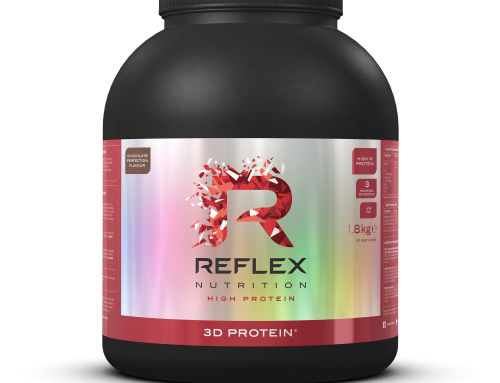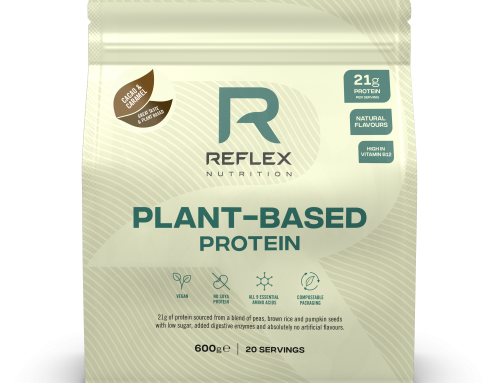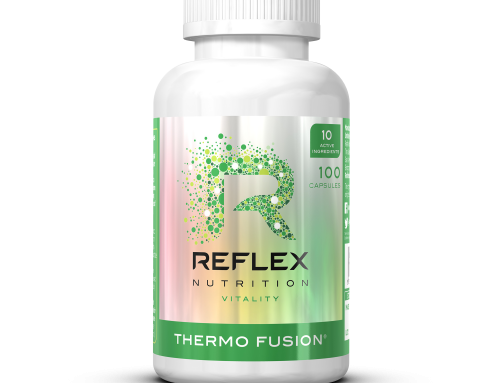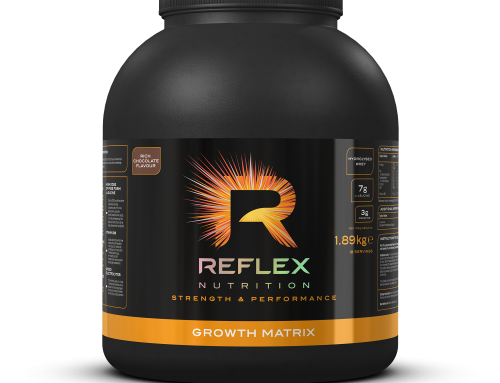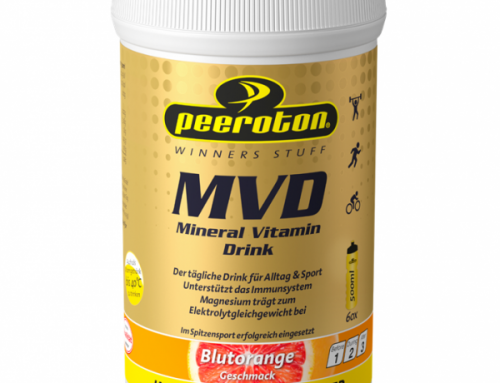Protein World Whey Protein Concentrate
Whey Protein Concentrate is a product from UK based company Protein World. The supplement claims that it can contribute to the growth and maintenance of muscle. This review will aim to examine the ingredients listed to see if it can achieve these claims.
Ingredients
Whey Protein Concentrate (Milk) (96%)
Whey protein helps aid muscle protein synthesis when combined with resistance training (1, 2). Other key features include increasing muscle mass (3), an increase in lean body mass (4) and greater recovery from exercise (5). Longer periods of supplementation have shown greater gains in fat free mass (6).
Muscle protein synthesis is increased due to high concentration of Leucine (BCAA) which is a signalling molecule needed to increase muscle protein synthesis (7). Consumption of whey protein helps increase muscle mass due to a greater amount of peripheral nitrogen retention whereas soy protein has been found to have a greater effect on splanchnic protein synthesis (8).
The reason for greater recovery of exercise can be due to a post exercise insulin response (9, 10) which means glycogen resynthesis occurs rapidly so exercise can be prolonged, with greater training volume increased hypertrophy and decreased muscle damage.
Sucralose
Sucralose is a sweetener that is calorie free. This ingredient is used in many products and is used to make the product taste sweeter and does not have any nutritional benefit.
Summary
The claim for this supplement was that it can help to contribute to the growth and maintenance of muscle. Based on the available research it is clear that the ingredients within this supplement can back up the claims of this supplement. It is recommended that this product be taken post workout. This product has no banned substances when referring to the WADA prohibited list when observing the label / ingredients posted on the website.
*NOTE – This product has not been tested in a laboratory and may contain other substances that may not appear on the label
References
1 – Coker, R. H., Miller, S., Schutzler, S., Deutz, N., & Wolfe, R. R. (2012). Whey protein and essential amino acids promote the reduction of adipose tissue and increased muscle protein synthesis during caloric restriction-induced weight loss in elderly, obese individuals. Nutr J, 11(1), 105.
2 – Hulmi, J. J., Lockwood, C. M., & Stout, J. R. (2010). Review Effect of protein/essential amino acids and resistance training on skeletal muscle hypertrophy: A case for whey protein.
3 – Pasiakos, S. M., McLellan, T. M., & Lieberman, H. R. (2015). The effects of protein supplements on muscle mass, strength, and aerobic and anaerobic power in healthy adults: a systematic review. Sports Medicine, 45(1), 111-131.
4 – Volek, J. S., Volk, B. M., Gómez, A. L., Kunces, L. J., Kupchak, B. R., Freidenreich, D. J., … & Kraemer, W. J. (2013). Whey protein supplementation during resistance training augments lean body mass. Journal of the American College of Nutrition, 32(2), 122-135.
5 – Hansen, M., Bangsbo, J., Jensen, J., Bibby, B. M., & Madsen, K. (2014). Effect of Whey Protein Hydrolysate on Performance and Recovery of Top-Class Orienteering Runners. International journal of sport nutrition and exercise metabolism.
6 – Hartman, J. W., Tang, J. E., Wilkinson, S. B., Tarnopolsky, M. A., Lawrence, R. L., Fullerton, A. V., & Phillips, S. M. (2007). Consumption of fat-free fluid milk after resistance exercise promotes greater lean mass accretion than does consumption of soy or carbohydrate in young, novice, male weightlifters. The American journal of clinical nutrition, 86(2), 373-381.
7- Atherton, P. J., Smith, K., Etheridge, T., Rankin, D., & Rennie, M. J. (2010). Distinct anabolic signalling responses to amino acids in C2C12 skeletal muscle cells. Amino acids, 38(5), 1533-1539.
8 – Fouillet, H., Mariotti, F., Gaudichon, C., Bos, C., & Tomé, D. (2002). Peripheral and splanchnic metabolism of dietary nitrogen are differently affected by the protein source in humans as assessed by compartmental modeling. The Journal of nutrition, 132(1), 125-133.
9- Hulmi, J. J., Volek, J. S., Selänne, H. A. R. R. I., & Mero, A. A. (2005). Protein ingestion prior to strength exercise affects blood hormones and metabolism. Medicine and science in sports and exercise, 37(11), 1990-1997.
10 – Power, O., Hallihan, A., & Jakeman, P. (2009). Human insulinotropic response to oral ingestion of native and hydrolysed whey protein. Amino acids, 37(2), 333-339.
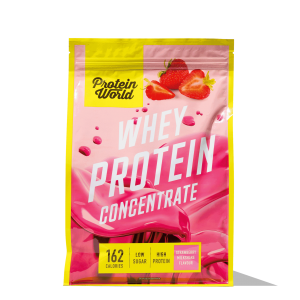
| Use for | Muscle Gain |
| Website | Proteinworld.com |
| Price | £49.99-59.39 |
